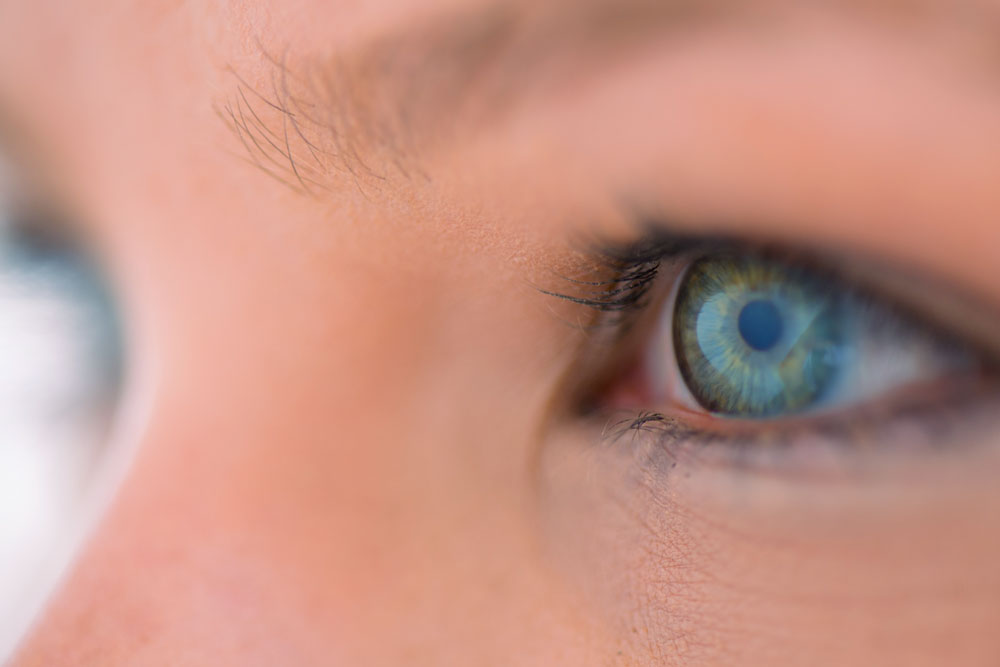What is the Best Way to Keep Your Eyes Healthy?
Maintaining good eye health is crucial for overall well-being. Our eyes are our windows to the world, and taking care of them should be a top priority. In this blog post, we will explore various strategies and tips to ensure your eyes remain healthy throughout your life. From dietary choices to lifestyle habits, we’ll cover everything you need to know about effective eye care.
The Importance of Regular Eye Exams
One of the most critical aspects of eye care is scheduling regular eye exams. Even if you believe your vision is perfect, an annual visit to an optometrist or ophthalmologist can help detect potential issues before they become serious problems.
Early Detection
Regular eye exams can identify conditions like glaucoma, cataracts, and macular degeneration in their early stages. Early detection often means more effective treatment options and a better prognosis.
Prescription Updates
If you wear glasses or contact lenses, regular check-ups ensure that your prescription is up-to-date. An outdated prescription can lead to eye strain and headaches.
Nutrition for Eye Health
What you eat has a significant impact on your ability to keep your eyes healthy. A balanced diet rich in specific nutrients can help maintain good vision and prevent various eye conditions.
Essential Nutrients
- Vitamin A: Crucial for maintaining good vision, vitamin A helps protect the cornea.
- Vitamin C: This antioxidant helps reduce the risk of cataracts and macular degeneration.
- Vitamin E: Another powerful antioxidant that protects cells in the eyes from damage.
- Omega-3 Fatty Acids: Found in fish like salmon and tuna, these fatty acids help prevent dry eyes.
- Lutein and Zeaxanthin: These carotenoids are found in green leafy vegetables like spinach and kale and help protect against age-related macular degeneration.
Hydration
Staying hydrated is essential for overall health, including your eyes. Drinking plenty of water helps keep your eyes moist and reduces the risk of dry eyes.
Protecting Your Eyes from UV Rays
Exposure to ultraviolet (UV) rays from the sun can harm your eyes over time. Wearing sunglasses that block 100% of UVA and UVB rays can significantly reduce this risk.
Sunglasses Selection Tips
- Look for sunglasses labeled as blocking 100% of UVA and UVB rays.
- Choose wraparound styles for maximum protection.
- Consider polarized lenses to reduce glare.
Reducing Screen Time
In today’s digital age, many people spend hours staring at screens, whether it’s a computer, smartphone, or television. Prolonged screen time can lead to digital eye strain or computer vision syndrome (CVS).
The 20-20-20 Rule
To alleviate digital eye strain, follow the 20-20-20 rule: every 20 minutes, take a 20-second break to look at something 20 feet away. This simple practice can help reduce eye fatigue.
Proper Lighting
Ensure that your workspace is well-lit but not too bright. Avoid glare on your screen by adjusting its position or using an anti-glare screen protector.
Exercise for Eye Health
Just as physical exercise benefits your body, specific exercises can benefit your eyes by improving focus flexibility and reducing strain.
Eye Exercises
- Palming: Rub your hands together until warm and place them over closed eyes without applying pressure.
- Blinking: Blink rapidly for a few seconds; then close your eyes gently for a few moments.
- Focus Change: Hold one finger close to your face; focus on it; then shift focus to an object farther away; repeat several times.
Avoid Smoking
Smoking increases the risk of developing several serious eye conditions such as cataracts, macular degeneration, uveitis (inflammation inside the eyeball), diabetic retinopathy (damage caused by diabetes), etc., due mainly because smoking reduces blood flow throughout our bodies including our optic nerves which are vital components responsible transmitting visual information from retina brain where images processed interpreted correctly allowing us see clearly without any distortions whatsoever!
Adequate Sleep
Getting enough sleep each night allows our bodies recover repair themselves naturally while also helping maintain optimal levels hydration within ocular tissues thereby preventing dryness irritation discomfort associated prolonged wakefulness periods during daytime hours when most people tend engage various activities requiring intense visual concentration efforts leading potential fatigue-related issues if not properly managed beforehand through adequate restful sleep cycles maintained consistently over long-term basis ensuring sustained overall wellness benefits derived thereof accordingly!
Conclusion
Taking proactive steps towards maintaining optimal levels ocular wellness involves adopting comprehensive approach encompassing multiple facets ranging from regular check-ups balanced nutrition protective measures against harmful environmental factors reduced screen exposure incorporating beneficial exercises avoiding detrimental habits ensuring sufficient restorative sleep cycles among others collectively contributing towards achieving desired outcomes effectively efficiently ultimately enhancing quality life enjoyed fullest extent possible!
Discover more informative articles by visiting our blog page

